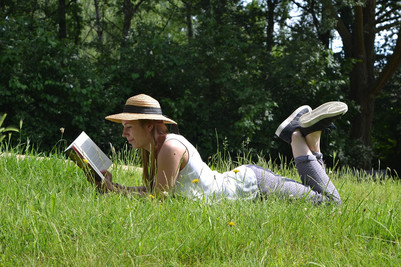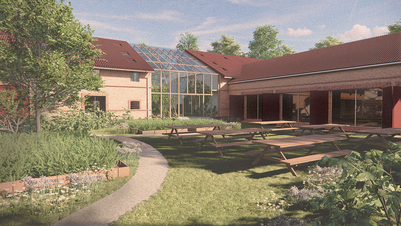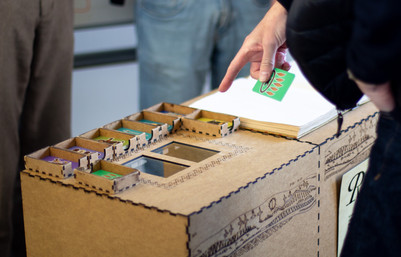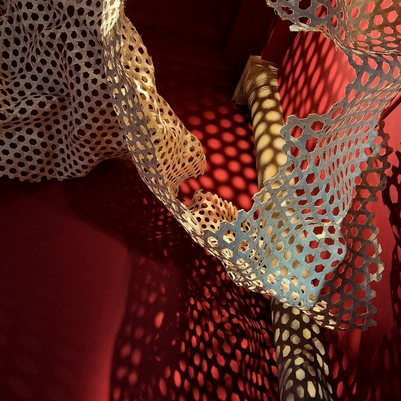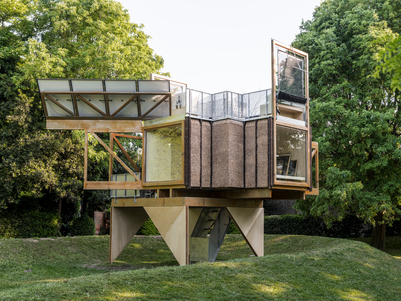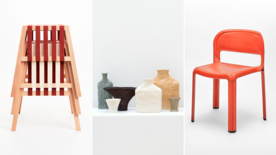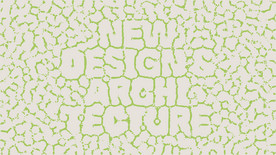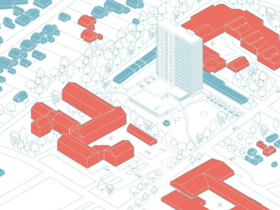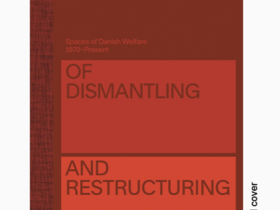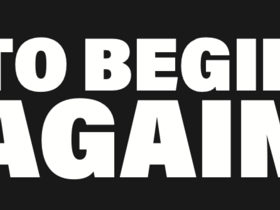
Biannual Mega Seminar Part 2 | Kirsten Marie Raahauge

To Begin Again
At the biannual Mega Seminar for anthropologists at The Sandbjerg Estate 24.-26.8.2021, Kirsten Marie Raahauge participates with papers and as a convenor. This year, the topic of the Mega Seminar was To Begin Again.
On the uses and abuses of history for Danish anthropology, session 1B at the Mega Seminar, To Begin Again. Monday the 23th of August 2021, 15.30-18.00
Convenors Kirsten Marie Raahauge (KA) & Victor Cova (AU)
New Beginnings for Old Spaces, session 2D at Mega Seminar, To Begin Again. Tuesday the 24th of August 2021, 9.00-11.30 + 14.00-16.30.
Convenors Birgitte Romme Larsen (AU) & Kirsten Marie Raahauge (KA)
Buildings, places, and landscapes come to gain new uses, as their prior functions, meanings or ownerships for one reason or the other expire. House owners move or pass away, and new inhabitants overtake. Residences burn down or are demolished leaving bare ground for new constructions. Companies relocate or are declared bankrupt and their estates are sold on to other businesses. Metro stations are established where before there were graveyards or public squares. Welfare services are being centralized, rendering local community schools, healthcare centers, or nursing homes into empty buildings that are turned into asylum centers or alcohol rehabili- tation units. State institutions are relocated from urban centers to peripheries or vice versa. Military grounds become left-over and are changed into outdoor museums. Nature habitats are overtaken by coalmining or tree felling industries. Real-estate companies buy up farmland, landscapes are turned into national parks. New beginnings simultaneously live off and feed into the closures afore them.
The panel wishes to engage with the new beginnings following from such material switchovers and spatial alterations not as ruptures, but as transition processes wherein past, present and future imaginaries co-exist as spatial layers of cultural and social meaning. Revolving around the relation between material/social traces and that which is no longer there, these beginnings encompass a tension between the present and the absent, thereby becoming part of a plurality of entangled durations. In addition, they interact with larger contexts, giving way for an inter- play of material, spatial and social processes in local, regional, national or transnational settings. The many turns, which anthropology has gone through over the last decades (spatial-, material-, atmosphere-, sensual, periphery-, local- etc.-turns) might offer fertile grounds for an investiga- tion of this field of new beginnings.
Against this background, we invite presentations based on ethnographic research addressing issues such as:
• How do spatial changeovers reshape local communities and affect self-understandings and everyday routines of established residents as well as the newcomers?
• How do co-existing, unfinished processes of meaning and identity entangle, and what are the spatial, material, social and cultural ramifications of this entanglement?
• How do interactions between material and social processes – and/or between dissolution and becoming – play out within spatial transitions?
• How do such interactions influence the reuse of space, and the social traditions and cultural imaginaries embedded in the former uses of the space?
Joint paper: BETWEEN RELOCATIONS AND TRANSFORMATIONS, ABSENCES AND PRESENCES: A VIEW FROM THE DANISH PERIPHERY
When buildings are emptied of their former activities, given new assignments and users, left as abandoned buildings, or given a more turbulent life housing new and altering protagonists and projects, it seems that a lot is activated: memories of the past, imaginaries of the future, conflicts between groups, confusion as to what is happening, revival of traditions or reworking of rituals, renegotiation of networks and relations in the surrounding city and local area etc.
With a point of departure in our respective fieldworks in cities in the Danish provinces, concerning the everyday encounter between local community and relocated state jobs in Nakskov (BRL), and the effects on a provincial city of relocating welfare amenities to larger cities in Tønder (KMR), new uses of buildings and abandoned buildings will be discussed with a focus on transformations as a social, material, and spatial mode of being. The paper will be a joint presentation, where we discuss abandonment and relocation of buildings and institutions as an interplay of material and cultural imaginations. In our dialogue, we will deal with our ethnographic material about the effects of moving into an old building, and the effects of moving out of it, as well as more general themes that go beyond our concrete sites with a particular view to the perspective of periphery and centre as a socio-spatial figure, and the ways in which this links with nostalgia, time, and memories, as well as transience and stability.

Tønder Rådhus. Udvidet efter kommunesammenlægningen i 2007. Gunløgsson og Nielsen 1980-81 og Sleth 2016. Foto Kirsten Marie Raahauge, 2016.
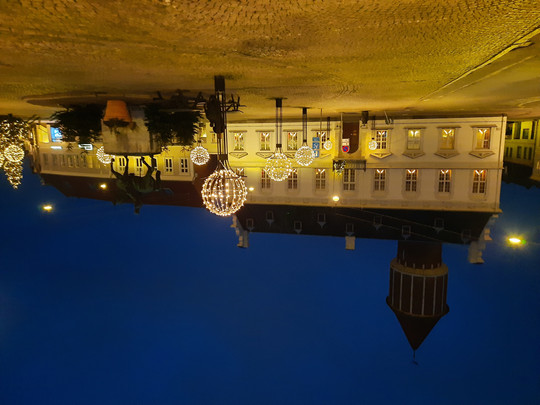
Det gamle Nakskov Rådhus fra 1876, som blev købt af Staten i 2018, og som nu huser den statsligt udflyttede arbejdsplads Nota. Foto: Birgitte Romme Larsen, julen 2020.




